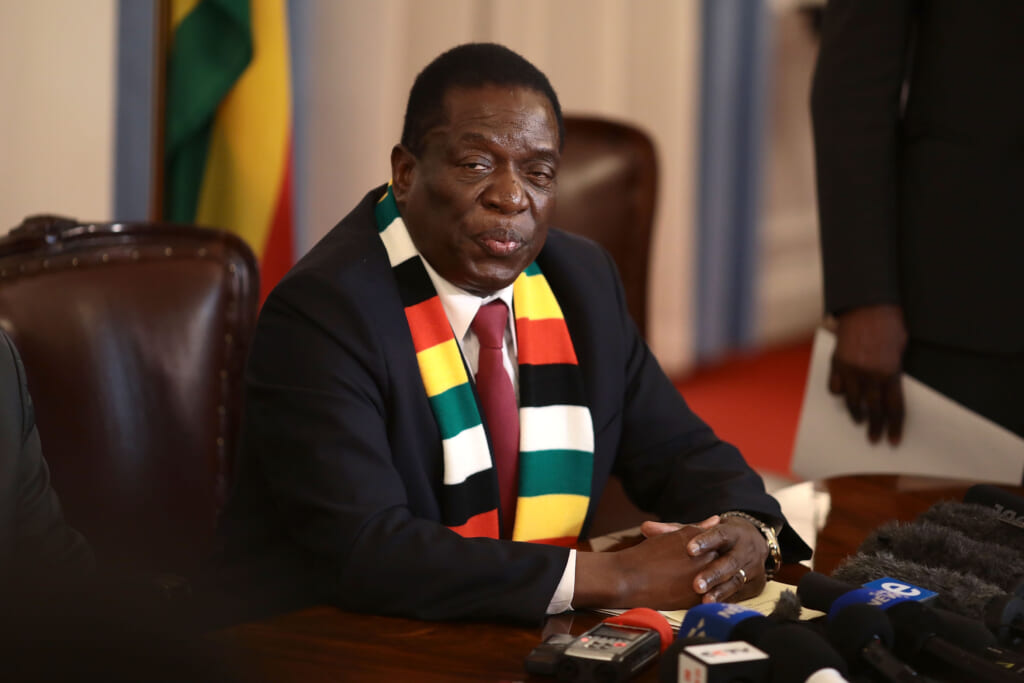HARARE, Zimbabwe (AP) — Zimbabwe has brought in a law that bans health workers such as nurses and doctors from prolonged strikes, imposing punishments of up to six months in jail for defiant workers or union leaders, state-run media and a government spokesman said Wednesday.
The provision, signed into law by President Emmerson Mnangagwa last week but made public now, stipulates that health workers can only strike for up to three days because they are considered an essential service.
Health professionals should continue providing emergency services during a strike, tweeted government spokesman, Nick Mangwana.

Other countries including neighboring South Africa and Zambia limit strikes by health workers but impose less severe punishments, such as dismissals, work suspensions or docking salaries.
Frequent and weekslong strikes by health workers have for years strained Zimbabwe’s public health facilities, which are already in a poor condition due to dilapidated infrastructure and medicine shortages.
Public health workers argue that their salaries — around $100 a month for many — and lack of basic equipment make their jobs untenable.
The southern African country, which once boasted some of the best public health care facilities and personnel in Africa, is now struggling with brain drain as nurses and doctors seek better opportunities elsewhere, mainly in the United Kingdom.
TheGrio is FREE on your TV via Apple TV, Amazon Fire, Roku and Android TV. Also, please download theGrio mobile apps today!
